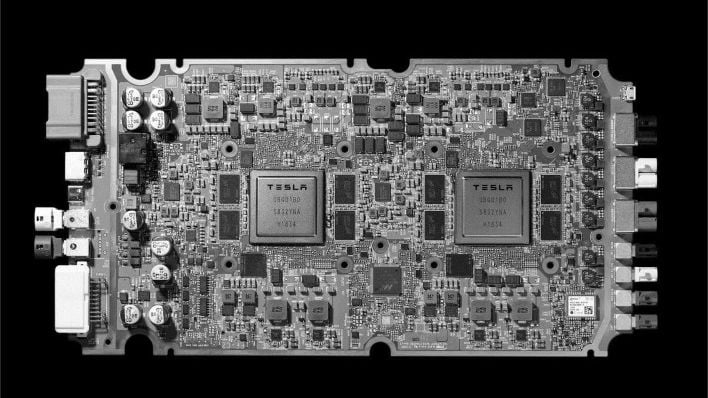Elon Musk Taps Samsung & TSMC For Tesla's Next-Gen AI5 Chip With A Huge Uplift
Elon Musk on Tesla's next-gen HW5 (AI5) chip:
— Sawyer Merritt (@SawyerMerritt) October 22, 2025
"We are actually going to focus TSMC and Samsung on AI5. The chip design is an amazing design. I have spent almost every weekend the last few months with the chip design on AI5. By some metrics, it will be 40X better than AI4. We… pic.twitter.com/iEV2i9Dk5L
At the very least, this announcement serves as a major vote of confidence for Samsung’s lagging foundry business. Musk had previously indicated that TSMC would be the sole producer of the AI5, with Samsung—which already builds the preceding AI4 chip—only slated to handle the subsequent AI6 processor under a massive $16.5 billion contract.
The Tesla CEO went further, offering a surprising endorsement of the South Korean firm's manufacturing edge. Musk claimed that Samsung's new Texas fab has slightly more advanced equipment than TSMC's Arizona site. Regardless of what you think of the man and his recent escapades, this praise is a timely boost for Samsung, which has struggled to close the gap with TSMC, the market leader in this arena.

Ultimately, the shared production deal is a win for both foundries and strengthens the U.S. semiconductor supply chain. For Samsung, the AI5 contract, coupled with the $16.5 billion AI6 deal, provides crucial stability and validation. For TSMC, it secures its position in a high-profile AI program, for now anyway.

